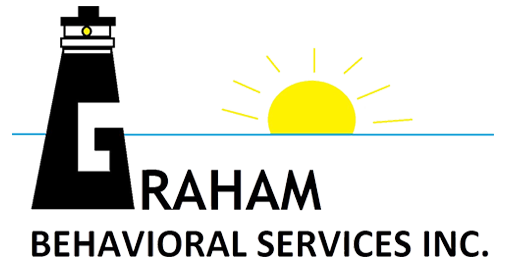Follow Us x
Ethics and Professional Conduct
$300 TAUGHT LIVE IN-PERSON
Demonstrate a standard of professionalism and integrity in practice, and confront and resolve ethical challenges by seeking appropriate collaboration and consultation
1. Explain ethics and how to conduct practice within the context of a professional code of ethics. Give examples of inappropriate behavior. Define appropriate contexts for dual relationships and how to set and maintain clear, professional, and culturally sensitive boundaries.
2. Describe the evolution of HIPAA and what constitutes protected health information, including communication requirements within the context of health information technology.
3. Describe what it means to be an effective contributing member of an interdisciplinary team.
4. Model appropriate professional behavior at all times, apply ethical guidelines and demonstrate the effective use of supervision.
5. Explain how to secure informed consent from a consumer.
6. Explain a provider's ethical responsibility to empower consumers.
7. Identify a number of strategies, consistent with professional practice, to empower consumers.
8. Summarize the importance of evaluating the effectiveness of personal practice.
9. Describe how individuals working in the behavioral health field practice self-care. Utilize supervision effectively to prevent compassion fatigue and vicarious traumatization.
10. Practice using a supervisory relationship to resolve ethical challenges.
11. Define confidentiality requirements and how to communicate these policies to staff, consumers, families, guardians, and others.
12. Maintain sound documentation that reflects an adherence to individualized, person-centered care.
13. Collaborate and interact effectively with community members and other professionals.
14. Relate the intersection of ethics with state and federal laws.

